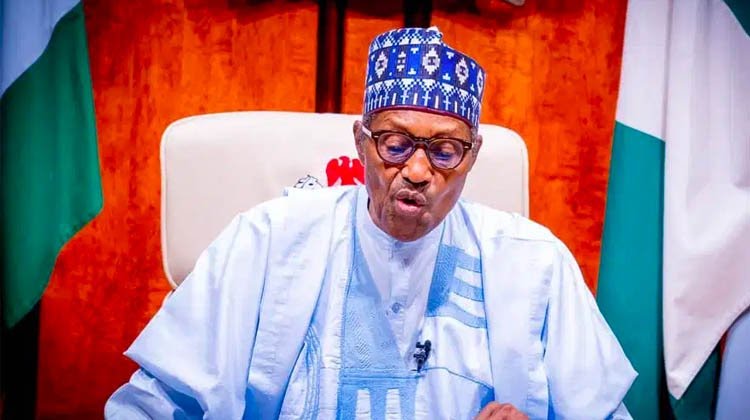The federal government has disclosed that it will improve access to foreign exchange for the importation of raw materials amd machines unavailable locally.
This was stated on Wednesday by President Muhammadu Buhari while responding to requests from the manufacturing sector on how to increase its contribution to the Nigerian economy.
Recall that the government had banned forex on the importation of selected items into Nigeria.
According to a statement issued by Femi Adesina, presidential spokesperson, Buhari told the leadership of Manufacturers Association of Nigeria (MAN) that the relevant ministry would revisit their concerns about the increase in excise duties on the identified products and other tariff-related matters.
On the African Continental Free Trade Area (AfCFTA), the president said Nigeria would accelerate the process of setting up designated competent authority to oversee the administration of Rules of Origin.
The statement added that the government would also ensure that relevant structural platforms are established for monitoring and evaluation.
“Our strategic plan to boost manufacturing activities in the country is on course,” the statement quoted Buhari as saying.
We will continue to improve the patronage of locally made goods, bridge the gap between skills required by industry and those provided by our tertiary institutions and ensure seamless access to long term finance for our Small and Medium-Scale Enterprises (SMEs).
‘‘We recognise that MAN remains a key stakeholder in this journey, and we will continue our engagement with you.
‘‘I beseech you to continue to support the government in our quest to provide the appropriate environment that will attract the necessary investment both domestic and foreign for the upliftment of the nation’s economy.”
Buhari emphasised that despite limited resources, the present administration has made progress in road and rail infrastructure development; provision of stimulus packages for the manufacturing sector; improvement in energy management and support for exporters to bolster the operations of businesses in Nigeria.
‘‘These projects are there for all to see,” he added.
‘‘Furthermore, we are vigorously pursuing reforms on ease of doing business and currently putting in place other necessary policy measures and incentives that will guarantee full recovery from the consequences of COVID-19, sustain economic development and further shield the economy from the potential impact of fluctuations in the price of crude oil in the global market.
‘‘I have listened carefully to all the challenges enumerated by the President of MAN and would like to assure you that, like we have done in the recent past, we will give consideration to some of the constraints that are yet to be fully addressed, especially those that align with our policies and programmes for economic recovery and sustainable development.
‘‘Let me assure you that this administration is fully aware that the survival of Nigeria lies in agriculture and having a viable domestic manufacturing sector.
‘‘I must emphasise here that when I say Agriculture, I also refer to the agro-allied business, which is the value-added component in the value chain.
‘A strong manufacturing sector creates more jobs and wealth for our people.
‘‘It will usher in sustainable economic prosperity because we will produce what we consume as a nation and generate foreign exchange by exporting surpluses and by import substitution.”
In her remarks, Mariam Katagum, minister of state, industry, trade and investment, said: “MAN is in business to create a climate of opinion in this country so that manufacturers can operate efficiently and profitably for the benefit of all.”
On his part, Mansur Ahmed, MAN president, said the association had articulated remedial measures for the challenges faced by manufacturers in the Blueprint for Accelerated Development of Manufacturing in Nigeria, which will be formally presented to the president within the first quarter of 2022.
The MAN leadership, however, highlighted a few challenges that could be addressed in the immediate term.
They include the inadequate supply of foreign exchange, inadequate electricity supply, poor access to long term funds, patronage of made-in-Nigeria goods and local content development, looming increases in the tax rates, among others.
Ahmed also used the occasion to formally present the new logo and annual report of the association to the president.
